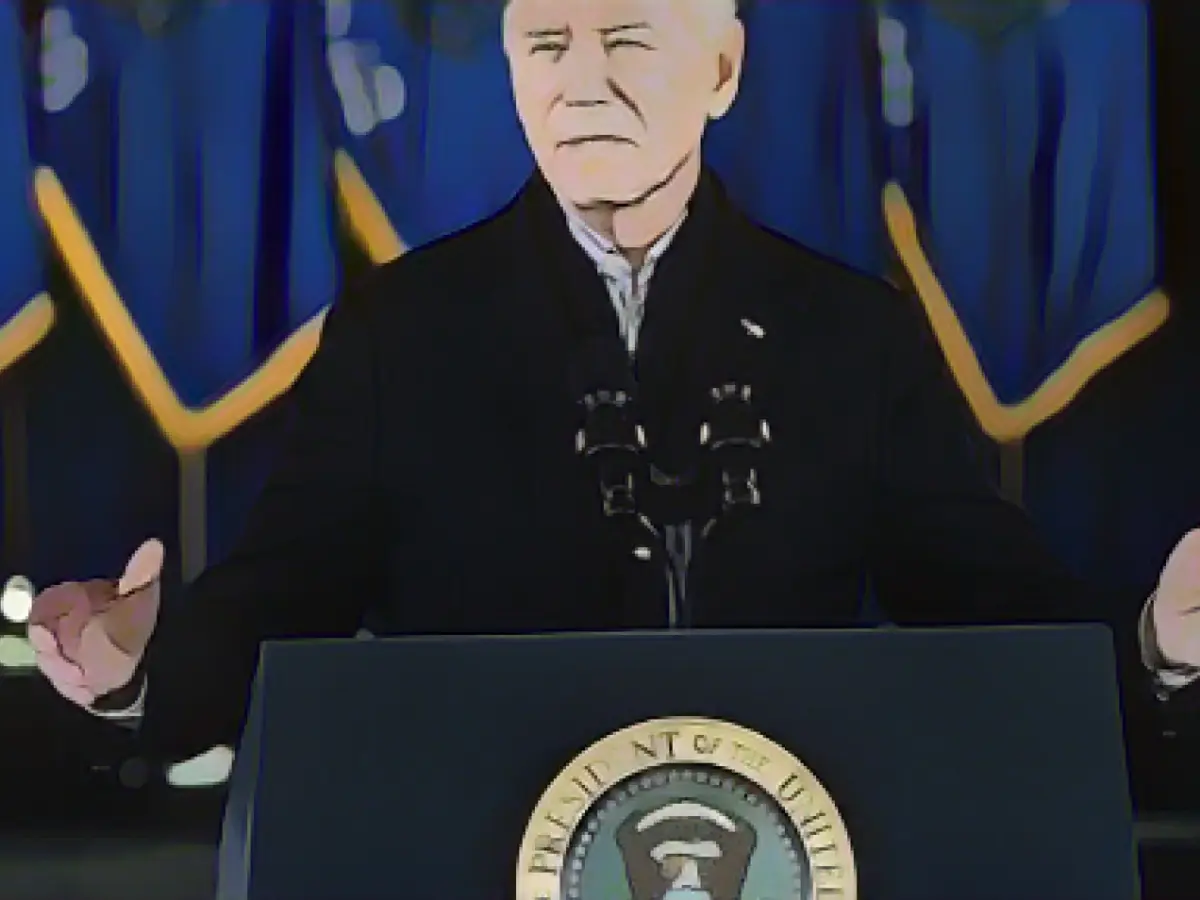Biden's Pardon Wave: Addressing Drug Offenses and Seeking Justice
US President Joe Biden has taken a significant stride in addressing the issue of disproportionate sentencing, pardoning eleven individuals who were given "excessively long" prison terms for drug offenses. These convictions, mostly related to marijuana possession, would have seen more lenient sentences in line with the current legal landscape. This move underscores the President's commitment to equal treatment under the law.
The US Presidency grants the authority to pardon convicted offenders, even post-sentence completion, provided they serve no other criminal charges or civil penalties associated with their previous convictions. Biden has exercised this power multiple times, including a recent declaration to pardon all individuals convicted of marijuana possession at the federal level.
According to Biden, these entries in criminal records create "unnecessary obstructions" in matters of employment, housing, and educational opportunities. The nation's misguided drug-related policies, he argued, have impacted countless lives unduly.
Points to Ponder
- It's essential to acknowledge that although the pardoned individuals are now free from these restrictions, they remain liable for any other criminal charges or civil penalties related to their former convictions.
- Critics question why the government displays leniency towards white-collar crimes and wealthy offenders, while individuals convicted of drug offenses – often men of color in the US – face harsher punishments.
- By granting pardons, President Biden strives to champion fairness and justice. This comes as an attempt to rectify past injustices and extend opportunities for second chances, thus eliminating potential barriers to reentry.
The Broader Picture
While Biden's pardons garnered widespread acclaim, some propose further measures to fully decriminalize marijuana use at the federal level. They argue that such steps would mitigate the impact of incarceration on individuals and communities.
Biden's commitment to addressing disproportionate sentencing for drug offenses forms a crucial aspect of broader justice reform efforts within the US. Boosting equal treatment, reducing racial disparities in sentencing, and promoting rehabilitation over incarceration are at the heart of this movement.
This policy shift is deeply interconnected with vital healthcare concerns, including prescription drug affordability, access, and telehealth prescribing practices. The healthcare and pharmaceutical industries are actively monitoring these changes, adjusting their strategies accordingly, and lobbying for policy adjustments that protect their sector's interests.
In conclusion, President Biden's pardons for drug offenses represent a momentous step towards achieving justice and equality in the US, marking a new era of policy reform and innovation in matters of drug policies, healthcare, and social equity.




